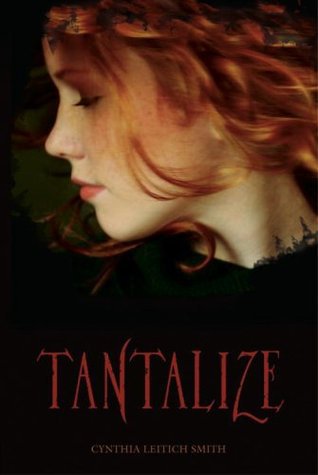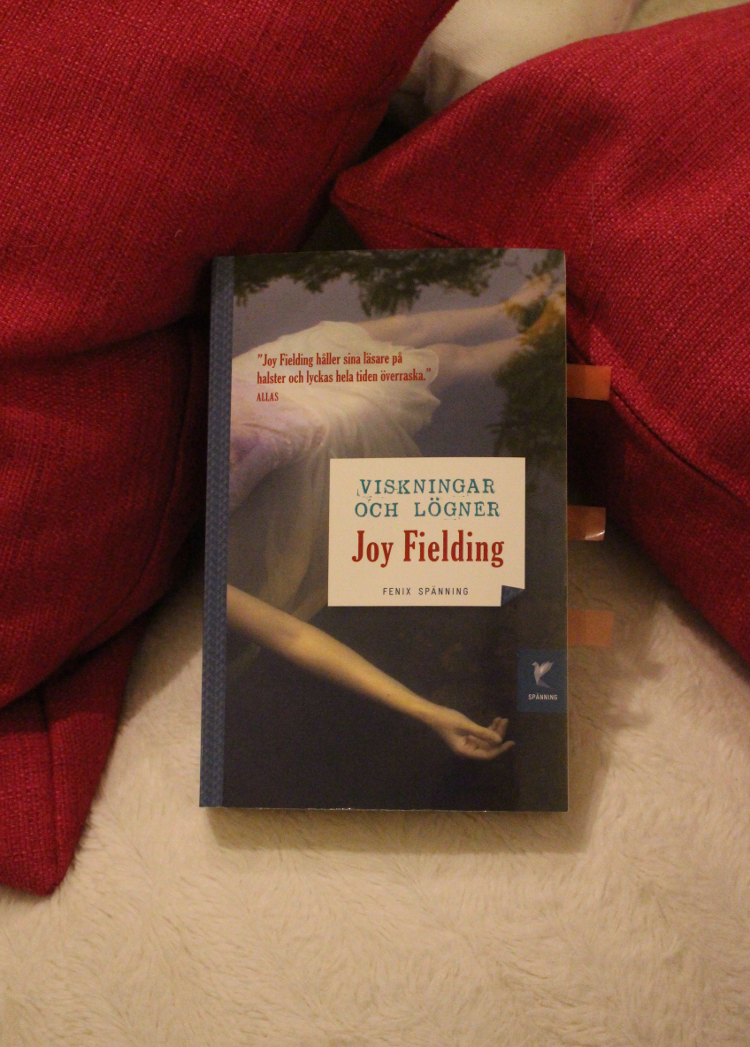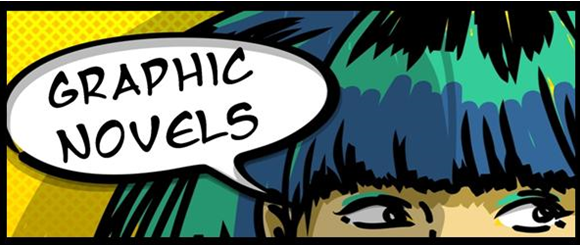One thing I’ve been meaning to write about is the intersection between philosophy and TTRPGs like D&D, so here we are at last with a post about existentialism in a world of fantasy, if people are interested enough I’ll do a few more like this so let me know!
I’ve picked existentialism as the first of my philosoRPG pieces because the first thing anyone should learn about philosophy is that existentialists have the highest charisma score.
 High charisma and the sharpshooter feat?!
High charisma and the sharpshooter feat?!
What is Existentialism?
‘Existence precedes essence’ is a good quote to start understanding existentialism, it’s quite the statement too especially in the D&D world!
The way it works in relation to my observance is this, if there’s a god who brought you into the world much like the dwarves were then you were presupposed, you were thought of, there might be a purpose for your particularities or perhaps your whole existence has a purpose. I bet you’re starting to see where this is going, in our imaginary worlds the gods do exist, creatures are made by divine hands or with a divine purpose, their form and nature was presupposed. As a result of this, those creatures have an essence, or in other words an essential nature. If there were no gods, however, well then you wouldn’t have any such presupposition, you would have no nature, your being would be decided by…well, the act of your being. In short, you are not defined by what you are, you are not defined by anything other than your ongoing existence, you don’t fight that orc because you are brave, you are brave because you fight the orc, your choices constitute your character.
At first [Man] is nothing. Only afterward will he be something, and he himself will have made what he will be.
Myths and Such
So at a first pass, you’d have to be quite the contrarian to be an existentialist in the D&D multiverse or most such games. Many existentialists don’t believe in god and a world without a god has severe implication for their very being.
But that’s not quite right, take a look at the Greek myth of Prometheus and Epimetheus.

I bet you know the story of Prometheus, the Titan who gifted flame to man and was subsequently chained to a rock to have his liver eaten each day. His brother Epimetheus and the rest of that story are known to a much lesser extent. Prometheus and Epimetheus were tasked with populating the world once it had been made, each animal by its creation was given a gift, the bear was given thick fur and the turtle a hardy shell. When it came to the humans, Prometheus had no gifts to give because Epimetheus had used them all, and so humans it was that humans had nothing, of course, we all know the story from here; humans were gifted fire:
When Prometheus finished his work and saw his creatures shivering in the cold, dark night, terrified of the many powerful beasts his brother had created, his heart ached. He could not bear the sight of their suffering, and so he decided he must return to Olympus to ask Zeus for another gift. He wished to give his creations fire.
He stood before Zeus and humbly asked, “I wish you to give me one more gift. The people do not have coats of fur to keep them warm, and they do not have protective shells or wings or claws. Please, let me give them fire.”
Zeus was furious at so bold a request. “The fire belongs to the gods and to the gods alone!” he roared. “How dare you return asking for more!” And he sent Prometheus away.
But it’s not like we suddenly became fire-humans, no the gift we were given was external to ourselves, we had no essential nature, only those things external to us despite our crafting by a more powerful being. So it is that in the world of myth and philosophy the tagline ‘Existence precedes essence’ can find its place in a world of divinely crafted beings, this makes sense considering the human exceptionalism of religion and mythology.
D&D
Such it is in D&D, the gods really do exist but it is not clear that humans were created by them, their existence has no bearing on it and so humans are still free from having an essential nature, the gods may compel and judge them but ultimately they are free to make those decisions!
Beyond humans, Dwarves have a much stronger tie to a creational mythology (crafted from the stone of the earth) and by their creation feature a ‘nature’ common amongst them all, stubborn and hardy as that earth, unyielding as the mountain. 
Radical Freedom
So without a divine artist to give us our essential properties, we come into the world with nothing:
… man first of all exists, encounters himself, surges up in the world – and defines himself afterwards. If man as the existentialist sees him is not definable, it is because to begin with he is nothing. He will not be anything until later, and then he will be what he makes of himself.
From here we can do whatever we want, define ourselves however we want, this is fairly liberating but it goes beyond just motivational phrases, we are truly free to define ourselves because according to existentialism, nothing about being human confirms a general morality or way of acting, external values don’t exist.
In D&D things the gods do exist, and they do have particular codes of conduct and ways of acting, they were there before all of man and acting in a particular way permits you access to the realm of particular gods, so how does this affect our freedom?
Not.one.bit.
Seriously, they are just another category of being, they are powerful sure, but their power is only coercive, even beings as powerful as gods cannot deny a human their freedom to choose. Mind magic doesn’t do the trick, the human becomes an automaton subject to their whims but is no longer the same type of being, upon returning to their normal state a human is free to choose. When coercive power is applied a human is still free to act free because they alone bear that choice, they are condemned to their freedom.
But as soon as the enterprise is held at a distance from me, as soon as I am referred to myself because I must await myself in the future, then I discover myself suddenly as the one who gives its meaning to the alarm clock, the one who by a signboard forbids himself to walk on a flower bed or on the lawn, the one from whom the boss’s order borrows its urgency, the one who decides the interest of the book which he is writing, the one who finally makes the values exist in order to determine his action by their demands. I emerge alone and in anguish confronting the unique and original project which constitutes my being; all the barriers, all the guard rails collapse, nihilated by the consciousness of my freedom.
Get wrecked Gods.
What this philosophy doesn’t deny however is the responsibility one bears for one’s actions, you are free to make a choice and that choice is always yours to make but the forces out there in the world will act upon your decisions. You may believe something to be fine but that won’t stop the lawful evil Hellknight from chasing you down.
This is the fundamental struggle of the paladin, someone who bears the responsibility of their actions, though they have committed to a particular way of acting, they are always free to break those oaths and must eternally revisit their commitments with every action.
Sartre uses the example of a gambling addict to explain such an understanding of the commitment a person makes.
I should have liked so much not to gamble anymore; yesterday I even had a synthetic apprehension of the situation (threatening ruin, disappointment of relatives) as forbidding me to play. It seemed to me that I had established a real barrier between gambling and myself, and now I suddenly perceive that my former understanding of the situation is no more than a memory of an idea, a memory of a feeling. In order for it to come to my aid once more, I have to remake it ex nihilo and freely. (70)
The not gambling is only one of my possibilities, as the fact of gambling is one of them, neither more nor less. I must rediscover the fear of financial ruin or of disappointing my family, etc., I must re-create it as experienced fear. […] After having patiently built up barriers and walls, after enclosing myself in the magic circle of a resolution, I perceive with anguish that nothingprevents me from gambling. (72)
Such is the case with paladins…with each swing of their sword, with every word their resolve is brought into the fire of complex conflicts, they realize their commitments are open to failure and beyond all other mortals they must engage and revitalize their decision and commitment…truly paladins are paragons of commitment.

What makes a paladin different perhaps, is that unlike the poor gambler a paladin can call upon those they are sworn to for fortification in the face of adversity, perhaps their god can give them the divine courage they need…meanwhile the gambler probably has only a bargain bin bard to ‘help’.
Wrapping Up
Okay I think I need to think about my other commitments and end this particularly long blog post but I hope it’s given you food for thought and shows how existentialism can fit into fantasy worlds. If existentialism can teach you anything about playing D&D it should be that you are free to decide, that you are lying to yourself if you believe your alignment forces you into being chaotic or lawful stupid, that your paladin simply cannot break his oath or that your rogue is free from the result of his actions. Existentialism shows the depth of commitments your characters take, the nothingness which constitutes them brings depth to their decisions, they are not robots responding to input, they are not one dimensional, their badass nature is something which must be ever revisited, they are fallible.
In the interest of making this digestible I’ve not discussed the argument of consciousness in relation to ‘existence precedes essence’ nor have I considered the work of other philosophers in Existentialism, Kierkegaard would be an excellent addition, being an existentialist and religious person. have an excellent night
~CupofD20s
Advertisements Share this:




